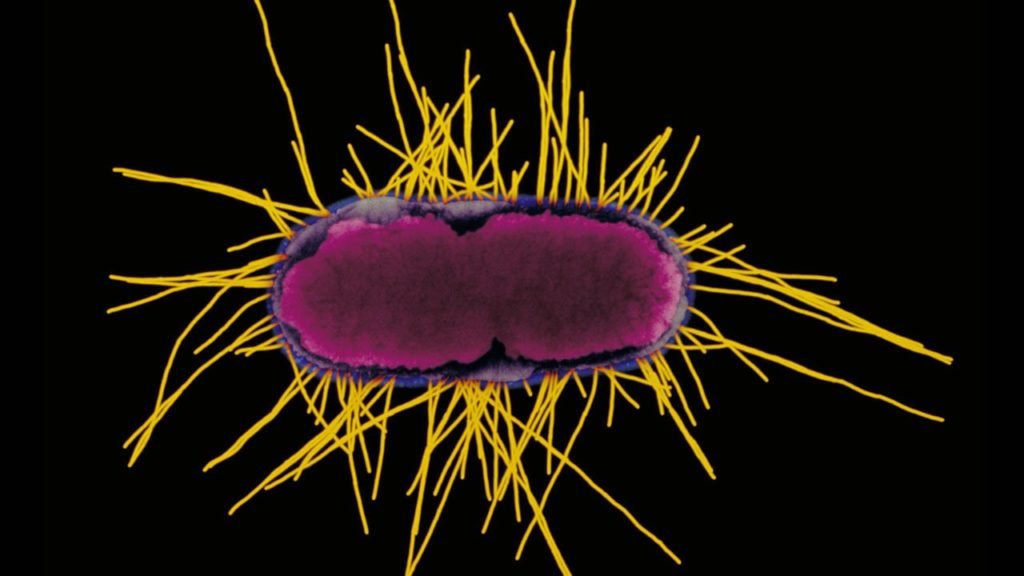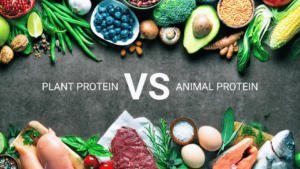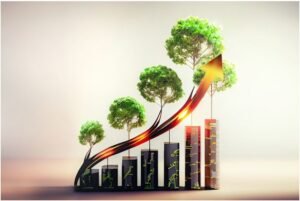This microbe no longer needs to eat food to grow, thanks to a bit of genetic engineering

Synthetic biologists have been hard at work and have re-engineered a bacteria that thrives off of simple sugars and builds cells by absorbing carbon dioxide like plants. This is an important landmark in making microbes that can suck out excess carbon dioxide from the air and help turn it into medicines and high-value compounds.
Dave Savage, a biochemist with the University of California has said that this discovery is going to have major implications on the world, helping us change the way biochemistry is taught.
Biologists have divided organisms into two categories: autotrophs – plants, bacteria, and other photosynthesis reliant organisms, and heterotrophs – humans and other creatures. Synthetic biologists have been trying to engineer plants and autotrophic bacteria to produce chemicals and fuels that we as humans need, as this is a cheaper alternative than others for fuels. So far, they have been able to re-engineer the Escherichia coli, the microbe that exists in your gut, to produce ethanol and other chemicals.
A synthetic biologist, Ron Milo from the Weizmann Institute of Science, Israel, and his team have also been working on turning the E. coli microbe into an autotroph which has led them to alter its metabolism.
Researchers could not engineer the ability to perform photosynthesis in the bacterium, though as it is too complex. They have, however, inserted the gene for an enzyme that has enabled the microbe to ear formate, one of the simpler carbon-containing compounds that it cannot otherwise consume. These microbes transform the formate into ATP that energy-rich molecules that can be used. This diet gives enough energy to use the second batch of the newly introduced enzymes, which led to it converting carbon dioxide into sugar and other molecules.
Initially, these changes could not make bacteria that could live on formate and carbon dioxide alone. The researchers have suspected that the bacterium is still reliant on its natural metabolism. After a complex starving, and feeding cycle, scientists are hoping that the bacteria offspring will acquire genetic mutations that will thrive on their new diet and will reproduce more than the non-mutated bacterium.
The evolved bacteria have picked up 11 new genetic mutations to allow them to survive without eating other organisms. Pam Silver, a systems biologist with Harvard Medical School, is also working on a similar project and is very glad to see the progress made.
Previously, scientists had developed many tools to manipulate the genes of E.coli to make it produce pharmaceuticals and fuels. The new mutations will create E. coli that will eat formate and convert the formate from wing and solar power, to make ethanol and fuels.






